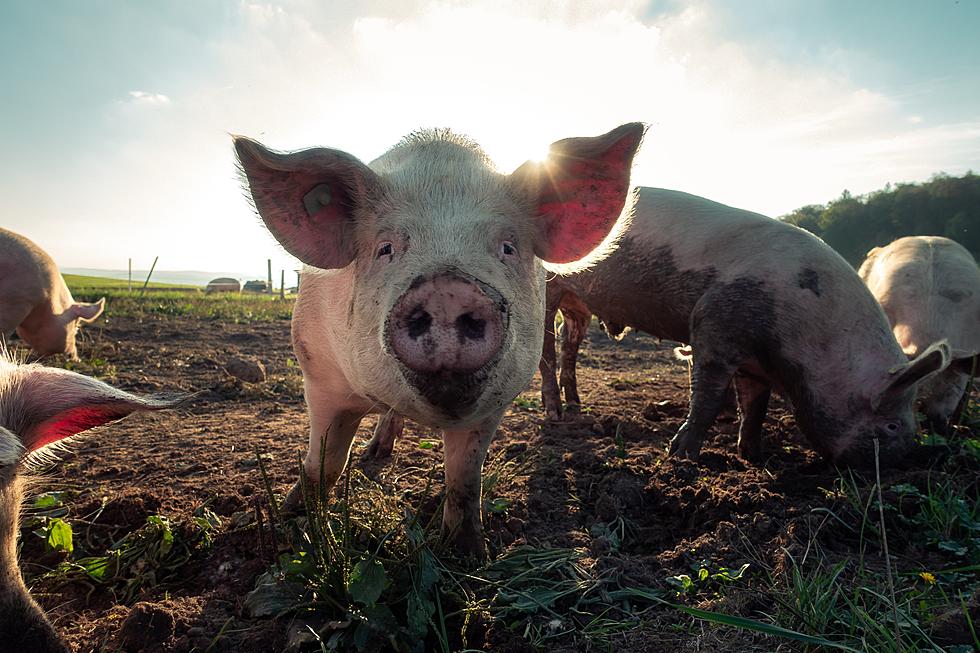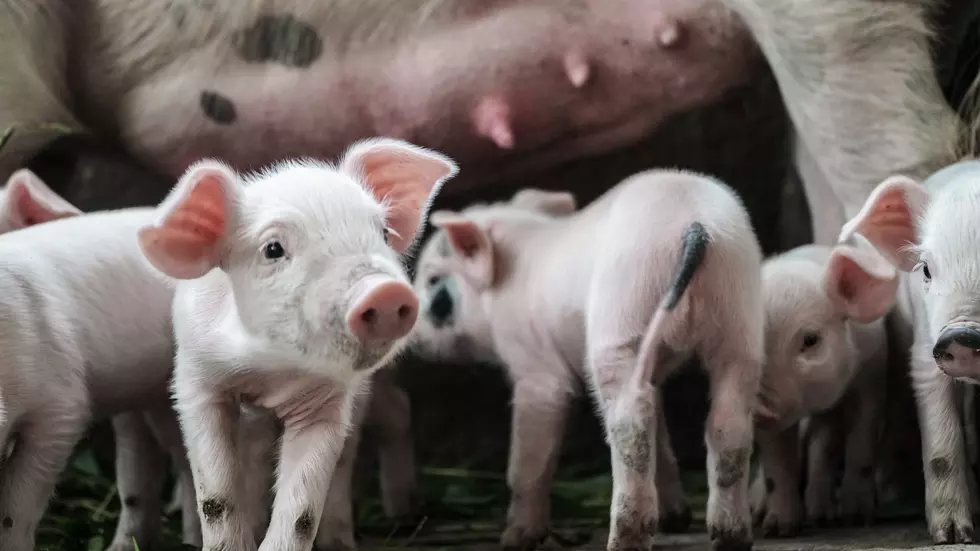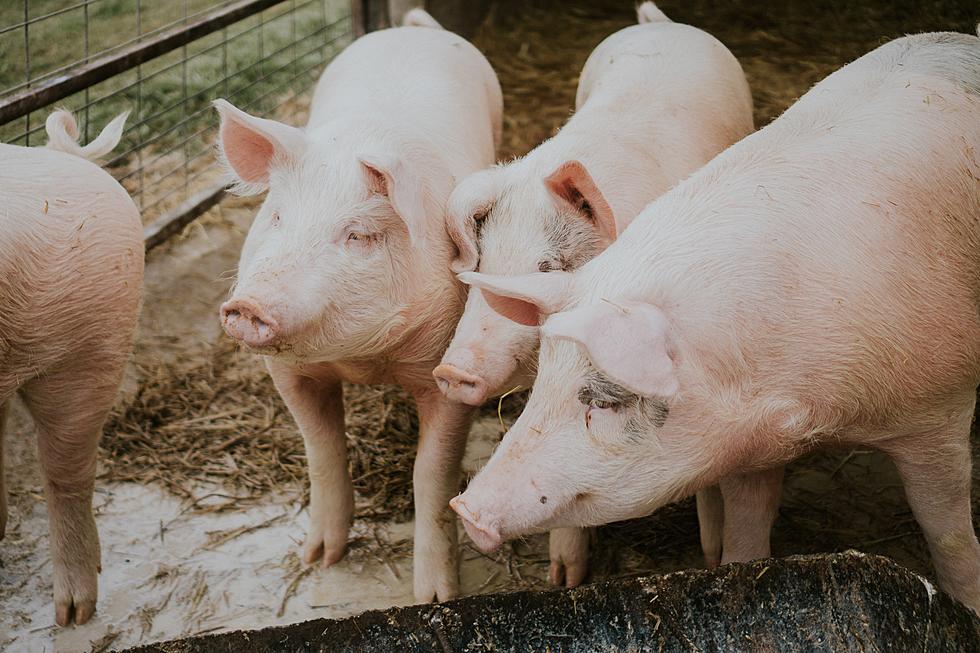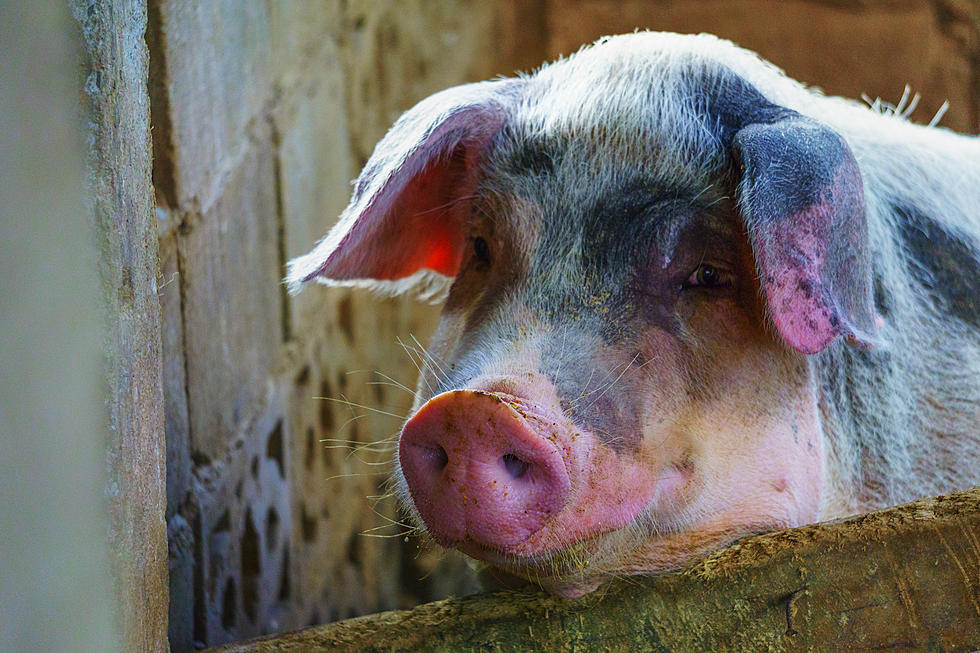
A New Market is Now Open to Iowa Pork Producers
India has agreed to allow imports of U.S. pork and pork products into its country.
The announcement comes after the U.S.- India Trade Policy Forum in New Delhi last November looked at the importance access of to U.S. pork is.
In a release from the U.S. Trade Representative, Secretary of Agriculture Tom Vilsack said
This new opportunity marks the culmination of nearly two decades of work to gain market access for U.S. pork to India – and it signals positive movement in U.S.-India trade relations. We will continue working with the Indian government to ensure that the U.S. pork industry can begin shipping its high-quality products to consumers as soon as possible.
The National Pork Producers Council applauded the announcement. In a release from the organization, NPPC President Jen Sorenson said
NPPC thanks the Biden administration for reaching an agreement with India on market access for our products. We look forward to the new access, which will allow us to provide affordable, wholesome, and nutritious U.S. pork products to consumers in India.
India’s Ban on US Pork
India has a population of 1.26 billion people, so the potential market opportunities that come with the announcement are significant. The ban stems from the fact the USDA and India Department of Animal Husbandry, Dairy, and Fisheries (DAHDF) didn’t have an agreed-on export protocol for bringing US pork into the country.
Religion and Pork Consumption
India houses the world’s largest Muslim population totaling around two hundred million people.
Several of India’s more commonly practiced religions have strict dietary laws. According to the Pew Research Center, four-in-ten Indian adults say they are vegetarian. Many others say they restrict meat in their diets in other ways, such as meat on certain days or only eating certain meats. The survey also found that most Muslims say a person cannot be Muslim if they eat pork.
Ten Iowa Trivia Questions
Iowa’s Top 10 Most Common Snakes
More From Q98.5









